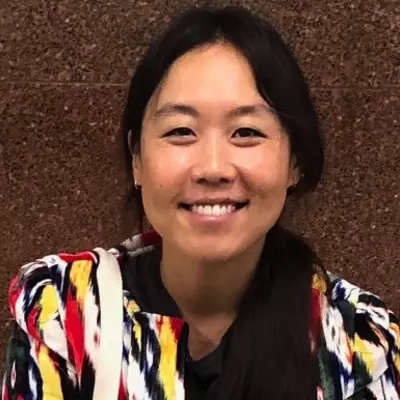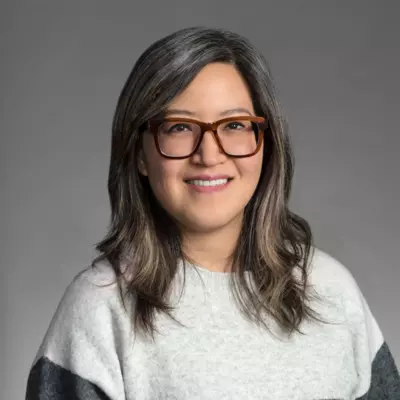
The Sensational Proletarian: Affect and Leftist Cultures in Colonial Korea
October 6, 2023 | 2:00PM - 4:00PM
|
In-person
This event was held In-Person, Room 108N, North House, 1 Devonshire Place, Toronto, ON, M5S 3K7
ABOUT THE TALK
Visceral sensations, exaggerated affects, and suffering subjects characterized leftist Korean cultural production in the 1920s and 1930s. In popular fiction, print cartoons, reportage, cultural commentary, and other emergent forms of mass culture, scenes detailing the spectacular bodily harms endured by migrant workers, tenant farmers, factory workers, men, women, and children proliferated. Yet such representations were criticized as excessively grotesque and insufficiently political by leftist intellectuals at the time and have subsequently been overlooked by scholars in favor of socialist realism and its dynamic proletarian heroes.
This talk, by contrast, focused on these textual and visual representations to tell the story of how the new affects and everyday experiences introduced by imperial capitalism and colonial modernity were mediated through the surface of the lower-class body. This talk traces the emergence of the sensational proletarian as a central semantic figure of colonial Korean print culture and reads its varied manifestations as emblematic of Korean cultural producers' efforts not only to grapple with modernity, imperialism, and capitalism, but to do so using the political ideology and imaginary of Marxism. During this period, Koreans in rural areas suffered from abject poverty, spiritual confusion, natural disasters, punishing agricultural taxes, and a widening gap between the rich and the poor. Leftist Korean cultural producers in the early twentieth century also encountered and engaged with Marxism as a new political/theoretical framework. Their interpretations of Marxism led to a flourishing of different forms of cultural production and inspired a visual and textual language that used the sensations of the body to interpret and articulate class politics.
ABOUT THE SPEAKER:
Kimberly Chung is an Assistant Professor of Korean Literary and Cultural Studies at McGill University. She received her PhD in Comparative Literature from University of California, San Diego. Before arriving at McGill, she was a Visiting Assistant Professor at Hongik University and a Postdoctoral Fellow at the Korea Institute of Harvard University. She has published research on modern and contemporary Korean literature, visual culture, and art in scholarly journals like Journal of Korean Studies and Acta Koreana and was a special guest editor for the issue Sensibility and Landscape in Korean Literature and Film for Acta Koreana (Vol. 17 no.1, 2014). She is a co-editor of an anthology on Korean contemporary art titled Korean Art From 1953: Collision, Innovation and Interaction (Phaidon Press, 2020). Her book The Sensational Proletarian: Affect and Leftist Cultures in Colonial Korea is currently under review at Stanford University Press.
Chair: Michelle Cho is an Assistant Professor in the Department fo East Asian Studies, University of Toronto. Cho's research and teaching focus on questions of collectivity and popular aesthetics in Korean film, media, and popular culture. She has published on Asian cinemas and Korean wave television, video, and pop music.Before coming to U of T, Professor Cho was a Korea Foundation Assistant Professor at McGill University. Prior to that, she was a Postdoctoral Fellow of International Humanities at Brown University, affiliated with the Departments of Modern Culture and Media and East Asian Studies.
Sponsor: Centre for the Study of Korea, Asian Institute
Co-Sponsor: Department of East Asian Studies, University of Toronto

